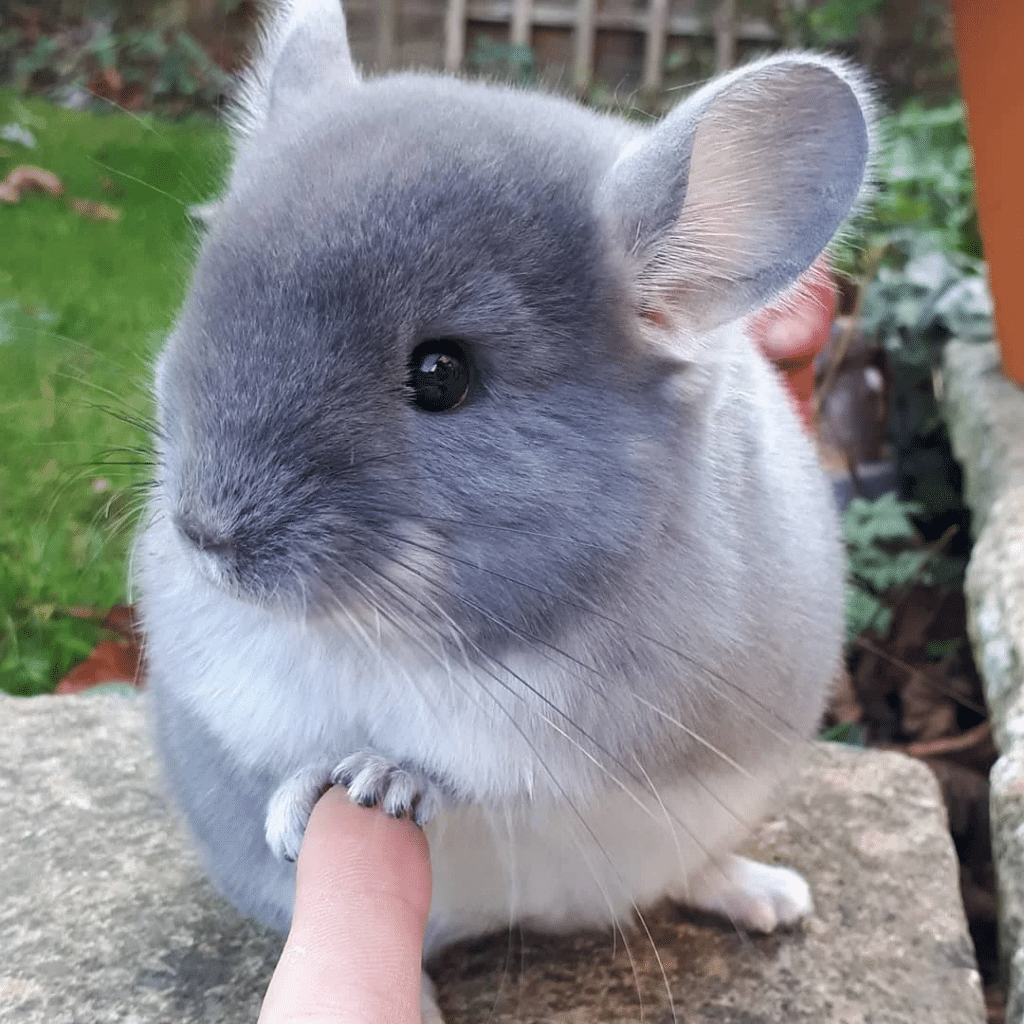People love keeping small animals as pets as they are adorable and easy to care for and train. Chinchillas are an uncommon choice of pets, but that doesn’t make them any less adorable. With over 70 hairs per follicle, their luxuriously dense furs make them even more adorable. But what does having a pet chinchilla entail? Here are the key facts you should know.
They are not the cheapest pets
While you can buy a kitten or puppy for a few dollars, it’s a different ball game for chinchillas. Whether buying from an existing owner or a pet store, chinchillas aren’t cheap. You’ll spend about $400 on their feeding yearly.
Buying the rodent itself can cost between $100 and $450, depending on where you buy it from and the color. Also, buying a good chinchilla cage can cost between $150 and $250. The cheaper ones you see online aren’t good choices for keeping healthy chinchillas.
Small issues can shorten their lives
A lack of proper care can lead to an animal’s premature death. But in the case of chinchillas, things that seem so insignificant can reduce their lives significantly.
Several issues can put a chinchilla at risk of premature death, from improper cage cleaning and feeding to inadequate dental care and ventilation. However, they can live for up to ten years when properly cared for.
They are fragile and sensitive to overheating
Chinchillas have fragile bones, so you should avoid carrying them carelessly. Be careful when cuddling, holding, or carrying them so you don’t break their bones. Similarly, you should keep their cage clean to prevent bacterial infections.
The density of chinchillas’ furs makes them particularly sensitive to excess heat. You should make sure their cage isn’t in a hot area. They could go into heat stroke and die if the temperature becomes too hot for them.
They often hang on to their nocturnal roots
Being a prey species, chinchillas only come out when the sun sets. Their nocturnal lifestyle is a defense mechanism that helps them stay hidden from predators out in the wild. Even after being domesticated, they still hang on to their nocturnal lifestyle.
You should consider their night owl lifestyle when deciding where to put their cage. You don’t want to place your chinchilla’s cage somewhere so close that its sounds won’t allow you to sleep. Similarly, you shouldn’t place their cage close to any harmful item.
Their stomachs can be sensitive
Chinchillas get moisture from most of the foods they eat, which is one of the reasons they might not take as much water as other common pets. However, you should ensure they have constant access to clean water. So what do they eat?
In the wild, chinchillas are omnivores- they eat plants and meat. At home, their diet remains the same. Similarly, you need to add adequate fiber to keep them healthy. However, you shouldn’t feed them too much fresh greens to avoid GI problems.







